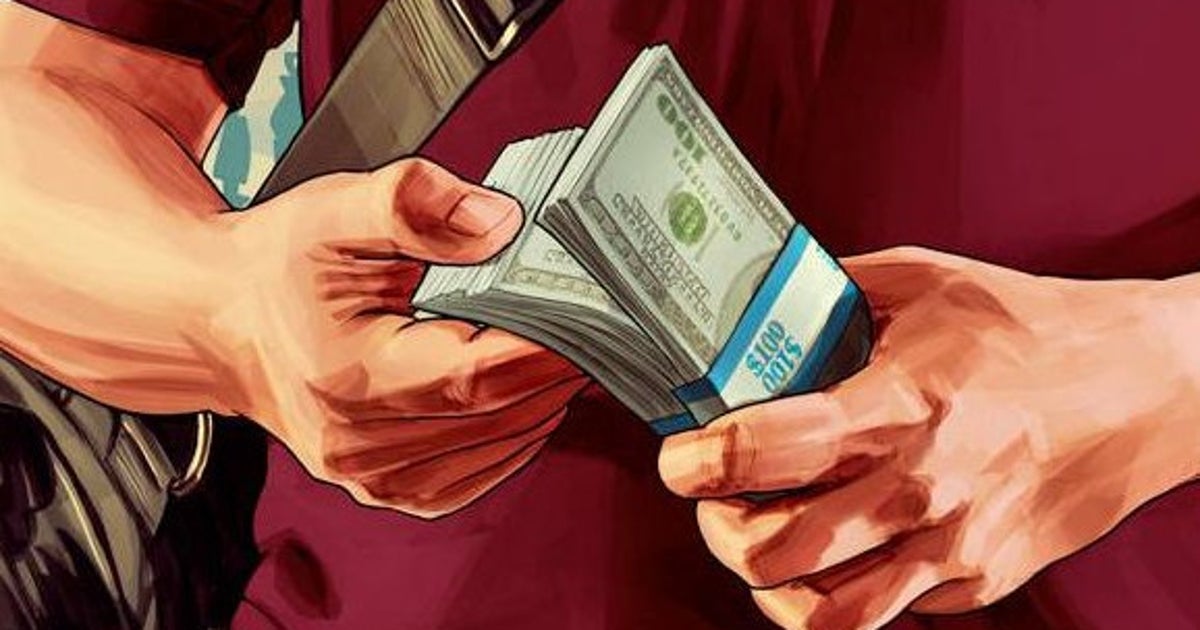
Take-Two boss Strauss Zelnick has confirmed that whilst “enthusiastic” about the emergence of AI technology, he doesn’t think “advances in AI will make it easier to create hits”.
The comments came during a recent Take-Two earnings call, in which Zelnick was asked how AI could impact Take-Two’s game development.
“As you know I’m usually a sceptic when others engage in hyperbole, [but] in the case of AI I’m pretty enthusiastic,” Zelnick told investors (thanks, PC Gamer).
“First of all, despite the fact artificial intelligence is an oxymoron – as is machine learning – this company’s been involved in those activities, no matter what words you use to describe them, for its entire history and we’re a leader in that space.
“While the most recent developments in AI are surprising and exciting to many, they’re exciting to us but not at all surprising. Our view is that AI will allow us to do a better job and to do a more efficient job. You’re talking about tools, and they are simply better and more effective tools.”
But when it comes to writing, Zelnick was clear that it takes “genius” to “create hits” – and firmly believes that “genius is the domain of human beings”.
“I wish I could say that the advances in AI will make it easier to create hits, obviously it won’t,” Zelnick added. “Hits are created by genius. And data sets plus compute plus large language models does not equal genius. Genius is the domain of human beings, and I believe will stay that way.”
The comments follow news that other developer/publishers are exploring AI tech, including Ubisoft, which recently sparked debate by showing off its new Ghostwriter tool, an “AI” designed to aid its writers create dialogue for in-game NPCs.
Zelnick also recently hit the headlines for saying that the company hasn’t seen a “pushback” on the recent widespread price increase for big budget games, which now regularly sell for $70.
Be the first to comment